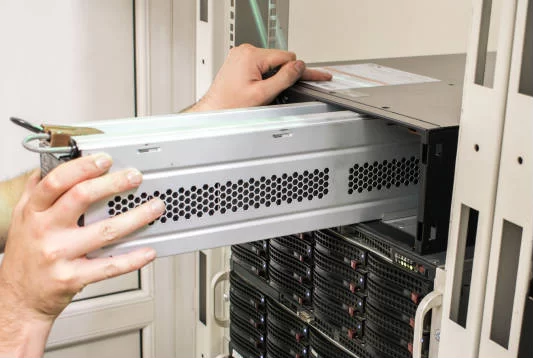Understanding the Lithium Ion Battery Cabinet: A Key to Efficient Energy Storage
In recent years, the demand for efficient energy storage solutions has surged, and one of the most popular options is the lithium ion battery cabinet. These cabinets offer a compact, safe, and effective way to store lithium-ion batteries for various applications, from residential use to large-scale commercial systems. In this article, we’ll explore what lithium ion battery cabinets are, their benefits, applications, and key features to consider.
A lithium ion battery cabinet is a specialized enclosure designed to house lithium-ion batteries. These cabinets are engineered to ensure the safe operation of battery systems while providing protection from environmental factors, such as dust, moisture, and temperature fluctuations. They come in various sizes and configurations, making them suitable for different applications, whether it’s for home energy storage or industrial use.

Benefits of Using a Lithium Ion Battery Cabinet
- Safety First
Safety is a top priority when it comes to battery storage. A well-designed lithium ion battery cabinet includes features like fire-resistant materials, proper ventilation, and integrated safety mechanisms. These features help mitigate risks associated with battery overheating or short circuits, providing peace of mind for users.
- Space Efficiency
Lithium battery cabinets are designed to maximize space. They can accommodate multiple battery units in a compact footprint, making them ideal for areas with limited space. This efficiency is especially beneficial in urban settings where every square foot counts.
- Enhanced Performance
These cabinets are built to maintain optimal conditions for lithium-ion batteries, which can extend their lifespan and improve performance. Proper temperature control and ventilation help prevent overheating, ensuring that the batteries operate at peak efficiency.
- Easy Integration
A lithium battery cabinet can be easily integrated into existing energy systems, whether residential or commercial. They can be paired with solar power systems, electric vehicle charging stations, or grid-tied applications, providing a seamless energy storage solution.
- Scalability
As energy needs grow, so can the battery system. Lithium battery cabinets can be scaled up by adding more cabinets or batteries as necessary. This flexibility allows users to adapt their energy storage solutions to meet changing demands.
Applications of Lithium Battery Cabinets
Residential Energy Storage
Homeowners are increasingly adopting lithium battery cabinets to store solar energy. These systems allow users to capture excess solar power during the day and use it during peak hours or outages. This not only maximizes energy efficiency but also provides backup power when needed.
Commercial Use
Businesses benefit from lithium battery cabinets for load shifting and demand response strategies. By storing energy during off-peak hours, companies can save on electricity costs and reduce strain on the grid during peak demand times.
Industrial Applications
In industrial settings, lithium battery cabinets can power critical operations during outages or provide supplemental power to reduce energy costs. Their robust design and high capacity make them suitable for heavy-duty applications.
Electric Vehicle Charging Stations
With the rise of electric vehicles, battery cabinets are being used in charging stations to store energy. This setup allows for rapid charging during peak hours and can help manage the load on the grid.
Key Features to Look for in a Lithium Battery Cabinet
- Capacity
Consider the total energy capacity needed for your application. Lithiumbattery cabinets come in various sizes, so it’s essential to choose one that can accommodate your energy requirements.
- Ventilation
Good ventilation is crucial for maintaining optimal battery performance. Look for cabinets with built-in fans or ventilation systems to prevent overheating.
- Monitoring Systems
Many lithium battery cabinets come equipped with monitoring systems that provide real-time data on battery performance, charge levels, and temperature. This feature allows users to manage their energy storage more effectively.
- Compatibility
Ensure that the battery cabinet is compatible with your existing systems, such as inverters and solar panels. This compatibility will streamline the installation process and ensure efficient operation.
- Warranty and Support
Investing in a quality lithium ion battery cabinet is essential, so look for manufacturers that offer warranties and reliable customer support. This will give you confidence in your purchase and access to assistance if needed.
Conclusion
The lithium battery cabinet represents a significant advancement in energy storage technology. With benefits ranging from enhanced safety and performance to space efficiency and scalability, these cabinets are becoming an essential component in both residential and commercial energy systems.
As the world continues to transition toward sustainable energy sources, lithium battery cabinets will play a crucial role in optimizing energy usage and improving resilience. Whether you’re a homeowner looking to maximize your solar investment or a business aiming to cut energy costs, exploring lithium battery cabinets can be a smart step towards a more sustainable future.
Embracing this technology not only helps in meeting energy demands but also contributes to a greener planet. With careful consideration of your energy needs and the right lithium battery cabinet, you can take control of your energy storage and pave the way for a more efficient, reliable energy future.
